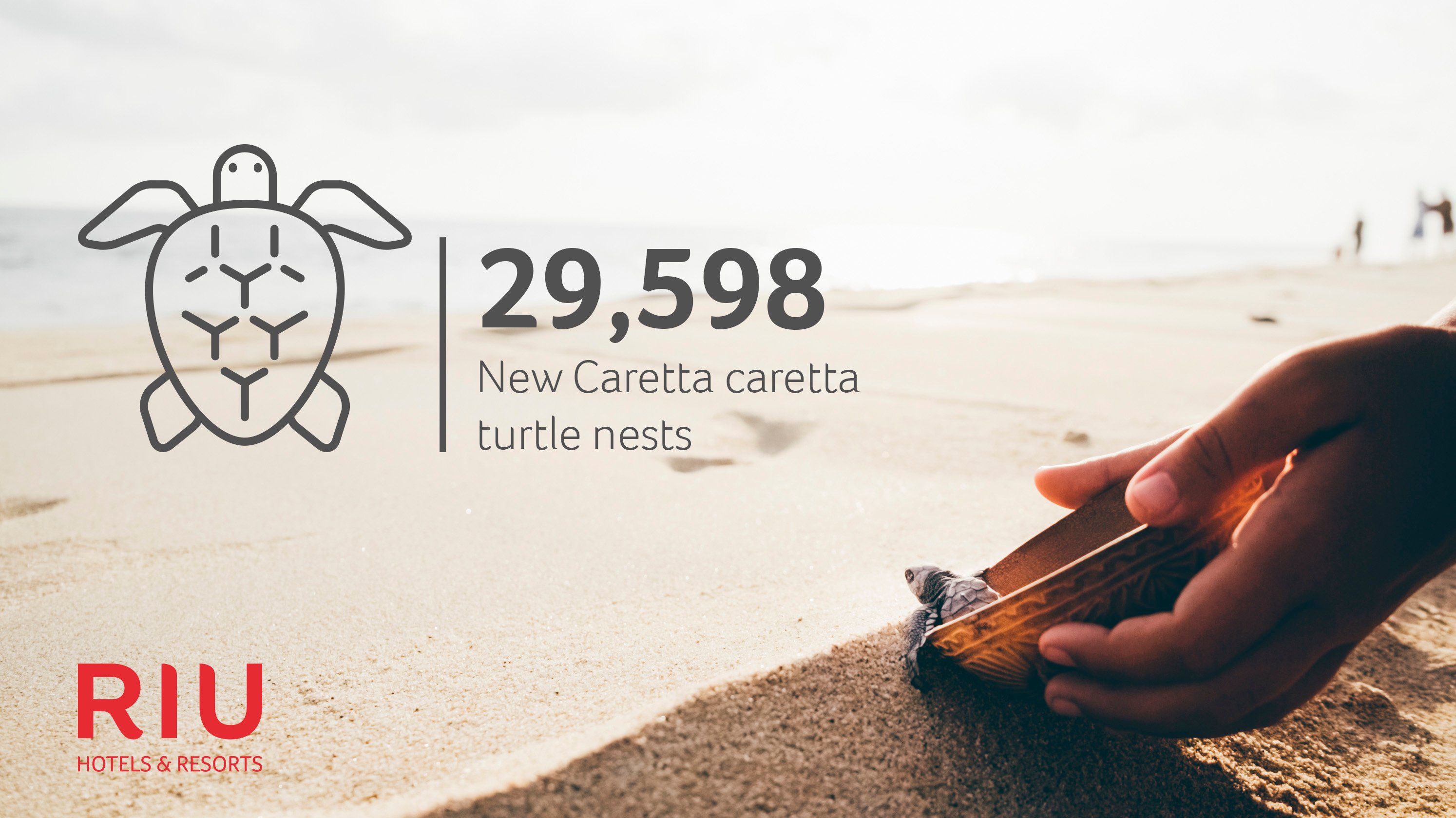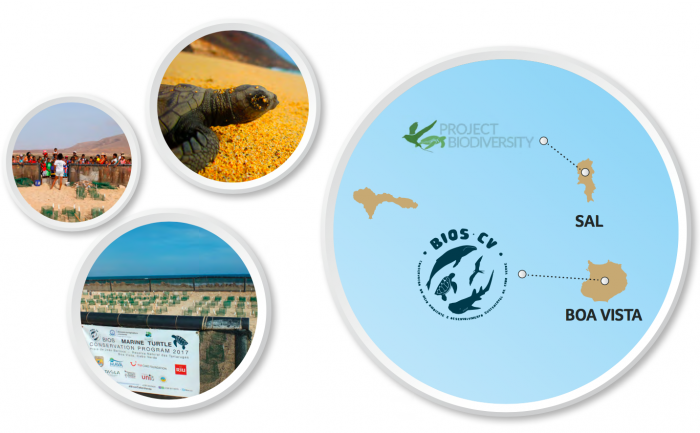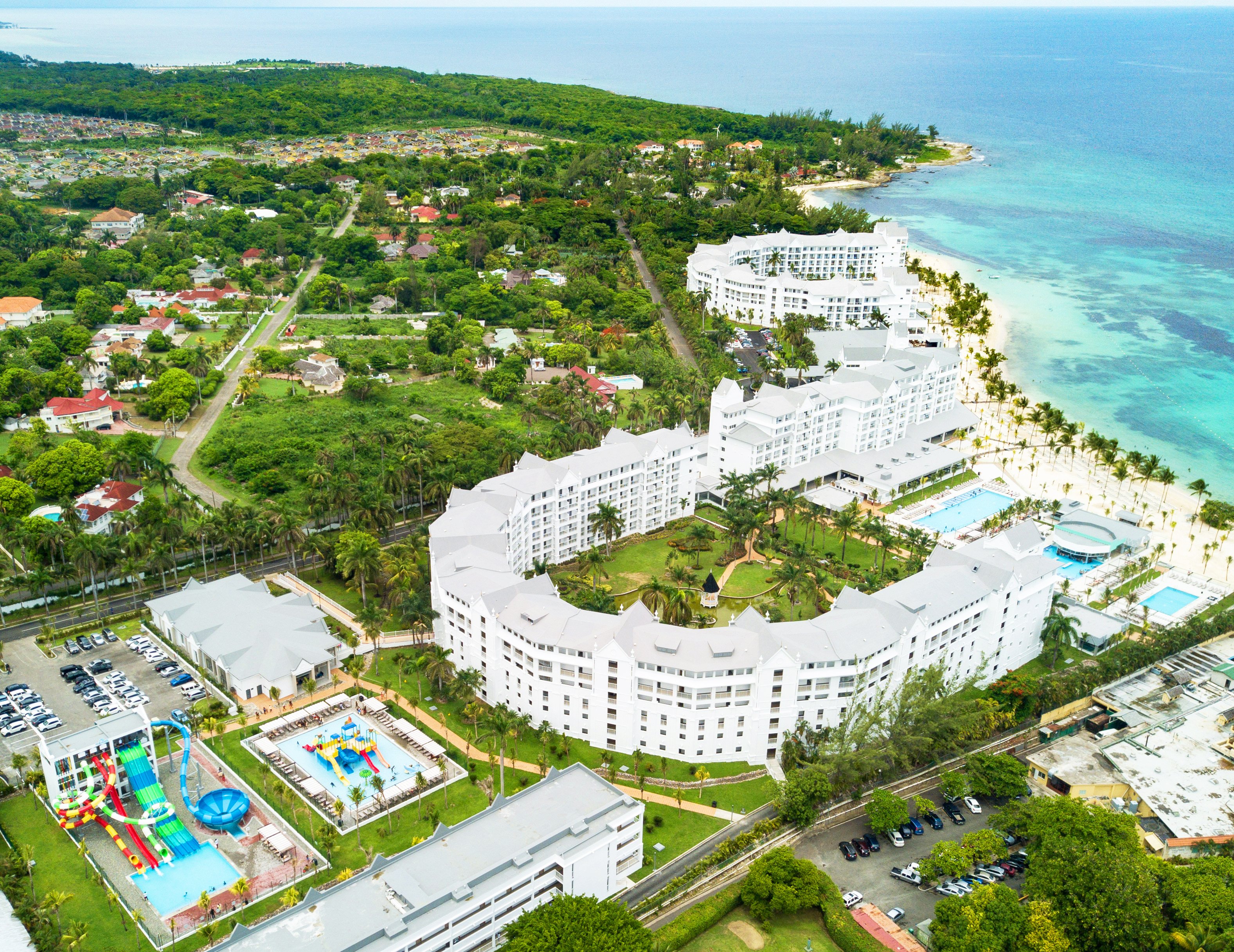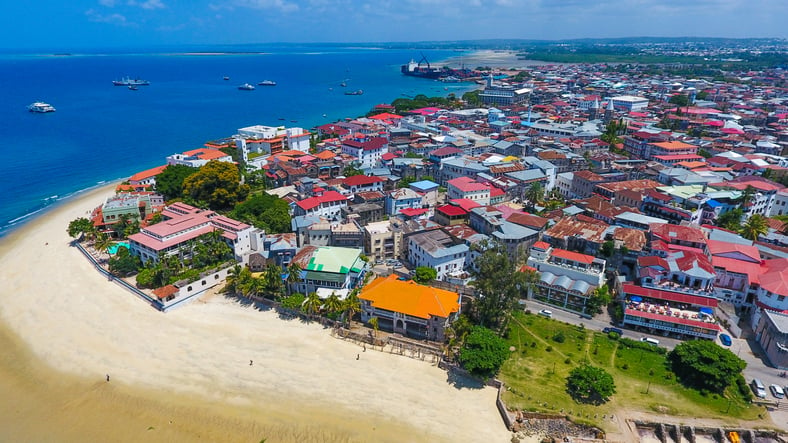We’ve contributed to the highest number of loggerhead turtle nests ever recorded in Cape Verde
1 October, 2019We’d like you to learn all about the work that we and our partners in the Cape Verde Islands carry out regarding the protection and conservation of local biodiversity.
Cape Verde is located in the Atlantic Ocean at the westernmost tip of the continent of Africa. The nation boasts a stunning natural wealth and is the third most important turtle nesting area in the world, being essential for the reproduction and breeding of loggerhead turtles.
Sea turtles have been swimming in the oceans for 100 million years and are at the top of the food chain of most marine ecosystems, helping to keep the oceans healthy.
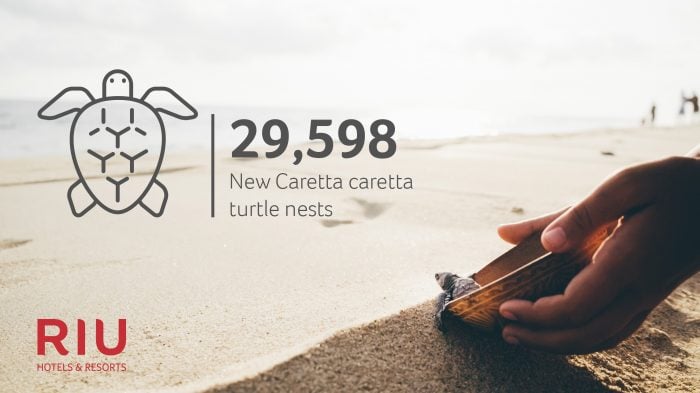
At RIU, we’ve been working for several years with two local NGOs in Cape Verde that are committed to designing conservation strategies for the country’s ecosystems.
Actions:
- We follow these NGOs’ recommendations for the protection of the turtle nests on the beaches and for the preservation of their habitat.
- We carry out information activities such as visits accompanied by authorised guides and turtle releases.
- We discourage people from eating turtle meat and eggs, and from buying products made from their shells.
- We provide financial support for the nocturnal beach patrols and volunteer camps in the laying and hatching season.
- We avoid activities and events on the beach, and we do without lighting at night in the areas around our hotels.
All the roles that sea turtles play in the ecosystem have a direct or indirect benefit for humans.
Through projects such as the one we support in Cape Verde, we also benefit the local population, who can find employment as security guards, awareness raisers on educational programmes in schools or tour guides for visitors. This all has an important socioeconomic impact on the coastal communities where we operate.
PROJETO BIODIVERDSIDADE
- Projeto Biodiversidade recorded 15,000 new turtle nests in 2018, four times as many as in 2016, and 96% up on last year.
- In Sal, 98,195 turtle hatchlings were released from the hatcheries, which is 12 times more than in 2015.
- In the hatcheries located in RIU hotels on Sal island, 71% of the 1,958 nests that the NGO relocated were monitored.
BIOS CV
- In Boa Vista, 14,598 nests were recorded, three times more than in 2017.
- 64,528 hatchlings were released from the monitored hatcheries. In total, it is estimated that 309,665 turtle hatchlings were born on the five kilometres of João Barrosa beach in 2018.
- After the extension of the controlled hatcheries supported by RIU Hotels, the NGO has recorded 1,065 nests, 3% of the total.
At RIU Hotels & Resorts we’re connected to all forms of life and their care and conservation are especially important for us, as we’re fully aware that the disappearance of sea turtles and other key species in our oceans would shift the balance of marine ecosystems.
Trivia
Did you know that sea turtles are cold-blooded animals? They’re also called ectotherms, lowering their temperature by immersing themselves in water or raising it by swimming faster.
